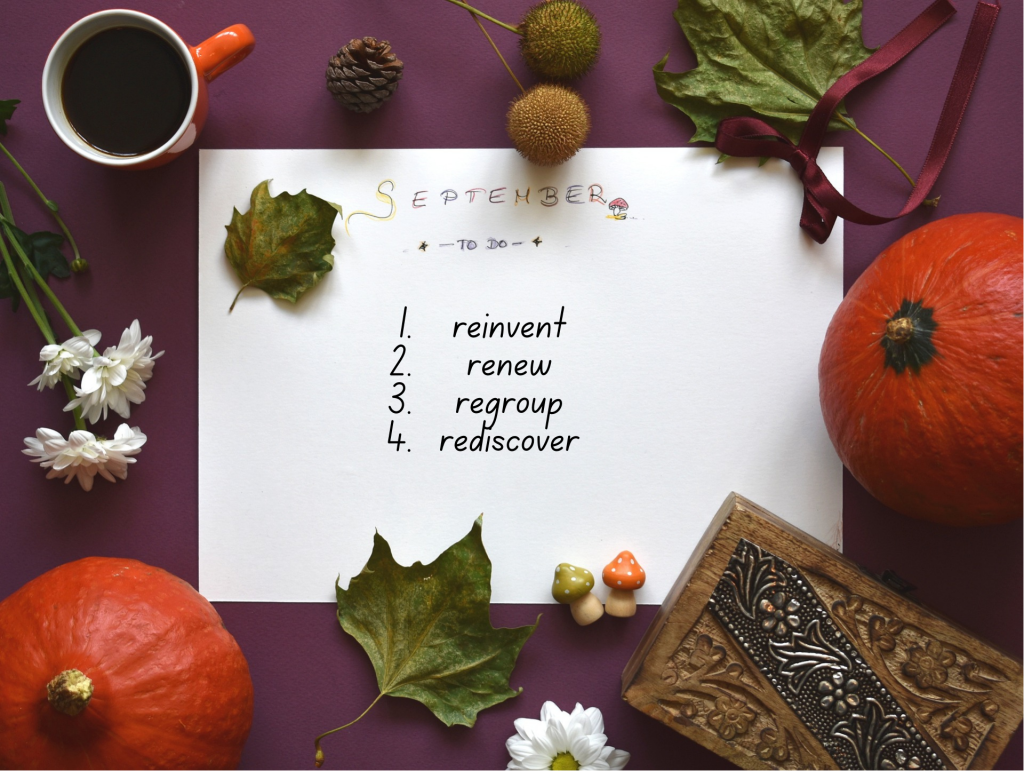How financially abundant are you?
 What sort of income do you have currently? How comfortable are you right now with how much you earn? Which of these statements fits you best?
What sort of income do you have currently? How comfortable are you right now with how much you earn? Which of these statements fits you best?
- I’ve got plenty of money to get everything I need, there’s no desperate need to improve my wealth;
- I’m generally comfortable, so long as there are no unexpected crises, and even then we could probably weather the storm through savings and temporary cutbacks;
- I am constantly on a treadmill, there always seems to be more going out than coming in. I need to make more money.
- I just can’t make ends meet and I’m spiralling into debt.
These are broad descriptions, and I bet you can recognise yourself in one of them. Working with clients I find that individually they can be on any one of these descriptors. For some of them, money, and the lack of it, is one of their main issues. For others it is the thing that is lowest down their priorities. Money doesn’t make happiness, that’s for certain.
The interesting thing is that the actual ‘amount’ of money that clients have or earn doesn’t necessarily relate to where they are on this scale. One client I used to see worked a steady, 9 til 5 job and brought home a moderate regular wage, he didn’t give money a second thought. He would holiday regularly, enjoy social events and pay his mortgage every month. Money was just a means to an end. He was seeing me because he wanted to improve his relationship.
I had another client who owned and ran a successful software company. She owned her own home outright, had a second home abroad and sent all of her 4 children to private school. She worked with me to overcome her fear of failure, and that included financial failure!
The more I have worked with people, the more I have learned that what we ‘believe’ about ourselves, and in this particular example, about our financial situation, is what we get. I’ve known this intellectually for some time through my reading and my training, but now I see it first hand and deal with it.
What we believe about money, our ability to earn, save, take risks and lose or gain money shapes our comfort level around how much it is ‘okay’ to have.
For example – if you believe:
Making more money, means working more hours – you will end up exhausting yourself and ultimately reach a point where it is impossible to earn more because there are not enough hours in the day. Your family life will suffer. Your social life will suffer. your physical and mental health will suffer.
Wanting more money is greedy – you will shy away from opportunities, never take yourself to the next level, take less risks and always live below a certain financial ceiling.
There isn’t enough money in the world – you will always live with a sense of lack and struggle. You will see other ‘richer’ people with envy and believe that the fact that they are well off is directly causing your financial problems. You may feel inferior or threatened by wealthier people.
What if you just learned to believe something different?
What if you believe:
It is possible to make money even when you sleep – you would make investments, you would look at automated services, you would pay others to earn your money for you. You would have multiple streams of income.
Wanting more money means changing the world for the better – you would be able to give more money away, support more people in need, have a greater influence on the things you care about, support your loved ones and have more energy to do things yourself.
Money is abundant and there is more than enough for everybody – you could treat the wealthy as equals, learn from those around you who are successful, tap into that abundance without fear of hurting others (provided you make the right moral choices ofcoursc).
These are just a tiny sample of the kinds of beliefs I have come across that can so easily shape our future finances for good or bad. A belief can feel like it is set in stone, but somewhere along the way we learned to believe that thing, and not everybody believes the same thing. You can change that believe completely, often surprisingly quickly, and as your beliefs change, so too will your situation.
[amazon_link asins=’B00LMGPELG,1845908023′ template=’ProductAd’ store=’websiteapplinks-21′ marketplace=’UK’ link_id=’d04f6580-33de-11e7-8562-3f6ce5617cd9′]


Leave a Reply
You must be logged in to post a comment.